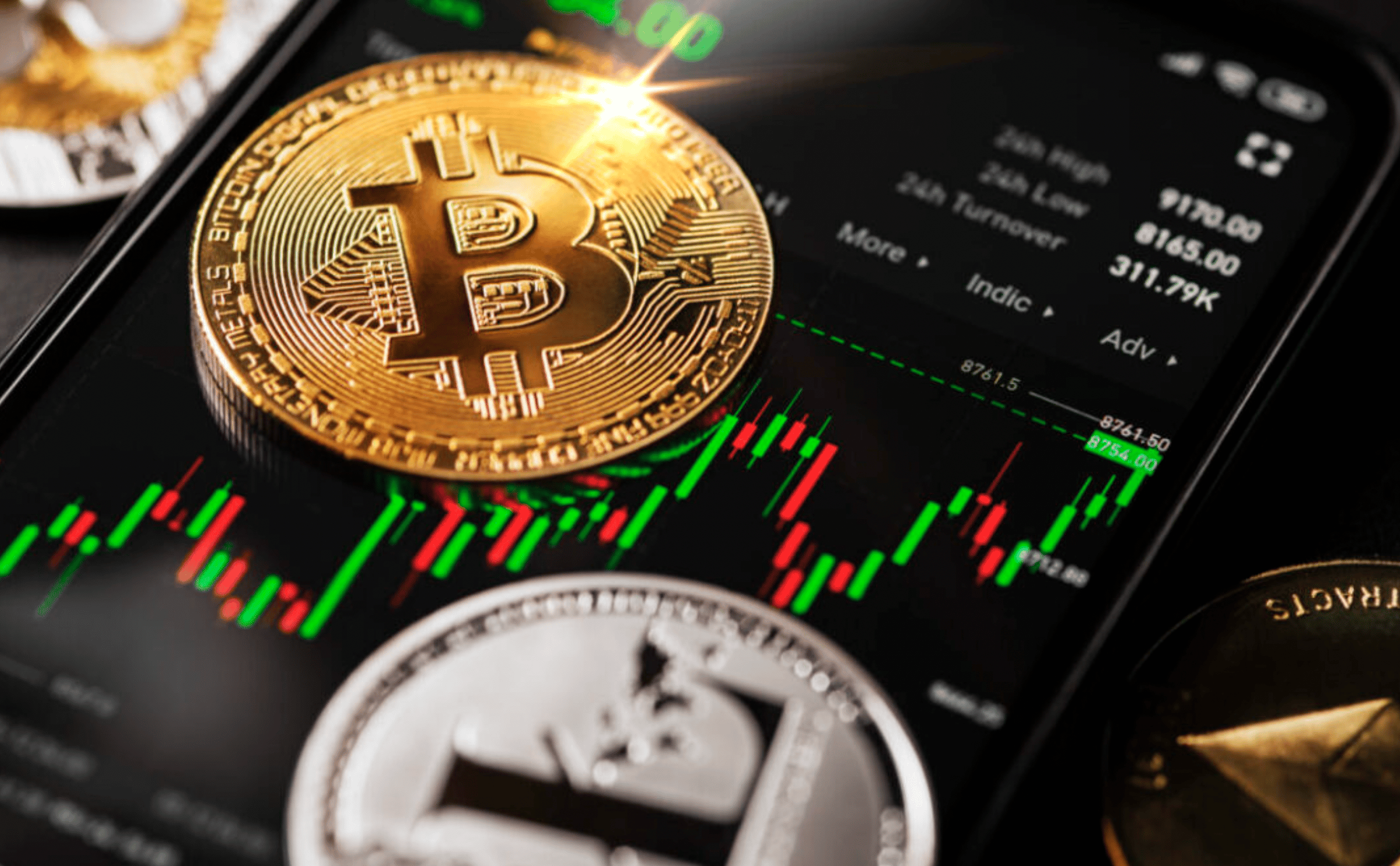Cryptocurrency market
Crypto purchases with credit cards are considered risky, and some exchanges don’t support them. Some credit card companies don’t allow crypto transactions either. This is because cryptocurrencies are highly volatile, and it is not advisable to risk going into debt — or potentially paying high credit card transaction fees — for certain assets https://simplenotch.com/.
Most of the time, when you hear about cryptocurrency types, you hear the coin’s name. However, coin names differ from coin types. Here are some of the types you’ll find with some of the names of tokens in that category:
Data scientists. A data scientist working with cryptocurrency might be tasked with forecasting changes in the price of digital coins. This is another in-demand role, mainly because the technology is still new, and people with analytical skills are needed to work with engineers.
Cryptocurrency
The legal status of cryptocurrencies varies substantially from country to country and is still undefined or changing in many of them. At least one study has shown that broad generalizations about the use of bitcoin in illicit finance are significantly overstated and that blockchain analysis is an effective crime fighting and intelligence gathering tool. While some countries have explicitly allowed their use and trade, others have banned or restricted it. According to the Library of Congress in 2021, an “absolute ban” on trading or using cryptocurrencies applies in 9 countries: Algeria, Bangladesh, Bolivia, China, Egypt, Iraq, Morocco, Nepal, and the United Arab Emirates. An “implicit ban” applies in another 39 countries or regions, which include: Bahrain, Benin, Burkina Faso, Burundi, Cameroon, Chad, Cote d’Ivoire, the Dominican Republic, Ecuador, Gabon, Georgia, Guyana, Indonesia, Iran, Jordan, Kazakhstan, Kuwait, Lebanon, Lesotho, Macau, Maldives, Mali, Moldova, Namibia, Niger, Nigeria, Oman, Pakistan, Palau, Republic of Congo, Saudi Arabia, Senegal, Tajikistan, Tanzania, Togo, Turkey, Turkmenistan, Qatar and Vietnam. In the United States and Canada, state and provincial securities regulators, coordinated through the North American Securities Administrators Association, are investigating “Bitcoin scams” and ICOs in 40 jurisdictions.
Bitcoin’s founder, Satoshi Nakamoto, supported the idea that cryptocurrencies go well with libertarianism. “It’s very attractive to the libertarian viewpoint if we can explain it properly,” Nakamoto said in 2008.
With more people entering the world of virtual currency, generating hashes for validation has become more complex over time, forcing miners to invest increasingly large sums of money to improve computing performance. Consequently, the reward for finding a hash has diminished and often does not justify the investment in equipment and cooling facilities (to mitigate the heat the equipment produces) and the electricity required to run them. Popular regions for mining include those with inexpensive electricity, a cold climate, and jurisdictions with clear and conducive regulations. By July 2019, bitcoin’s electricity consumption was estimated to be approximately 7 gigawatts, around 0.2% of the global total, or equivalent to the energy consumed nationally by Switzerland.
One of the biggest winners is Axie Infinity — a Pokémon-inspired game where players collect Axies (NFTs of digital pets), breed and battle them against other players to earn Smooth Love Potion (SLP) — the in-game reward token. This game was extremely popular in developing countries like The Philippines, due to the level of income they could earn. Players in the Philippines can check the price of SLP to PHP today directly on CoinMarketCap.
South Africa, which has seen a large number of scams related to cryptocurrency, is said to be putting a regulatory timeline in place that will produce a regulatory framework. The largest scam occurred in April 2021, where the two founders of an African-based cryptocurrency exchange called Africrypt, Raees Cajee and Ameer Cajee, disappeared with $3.8 billion worth of bitcoin. Additionally, Mirror Trading International disappeared with $170 million worth of cryptocurrency in January 2021.
In the longer term, of the 10 leading cryptocurrencies identified by the total value of coins in circulation in January 2018, only four (bitcoin, Ethereum, Cardano and Ripple (XRP)) were still in that position in early 2022. The total value of all cryptocurrencies was $2 trillion at the end of 2021, but had halved nine months later. The Wall Street Journal has commented that the crypto sector has become “intertwined” with the rest of the capital markets and “sensitive to the same forces that drive tech stocks and other risk assets,” such as inflation forecasts.

Cryptocurrency bitcoin price
Furthermore, for Bitcoin’s vision of being an electronic cash alternative and therefore needing to handle microtransactions, the existing fee structure had to improve. After all, while users would be happy to pay a few dollars as a fee to move millions from one account to another, the same fee would be unacceptable when buying a cup of coffee.
At the time of writing, we estimate that there are more than 2 million pairs being traded, made up of coins, tokens and projects in the global coin market. As mentioned above, we have a due diligence process that we apply to new coins before they are listed. This process controls how many of the cryptocurrencies from the global market are represented on our site.
A hard fork is a radical change to the protocol that makes previously invalid blocks/transactions valid, and therefore requires all users to upgrade. For example, if users A and B are disagreeing on whether an incoming transaction is valid, a hard fork could make the transaction valid to users A and B, but not to user C.
Reports have claimed Bitcoin’s transactions take ‘as much electricity as an American household does in six weeks’, and that Bitcoin’s annual energy requirement amounts to more than the annual energy usage of Finland, a country of 5.5 million.
Since Nakamoto’s first Bitcoin block, thousands of developers have introduced improvements to Bitcoin’s code. And over the past decade, Bitcoin has risen in popularity as a digital asset class, with more people, companies, and even countries accepting its usage or maintaining Bitcoin funds in their balance sheets.
